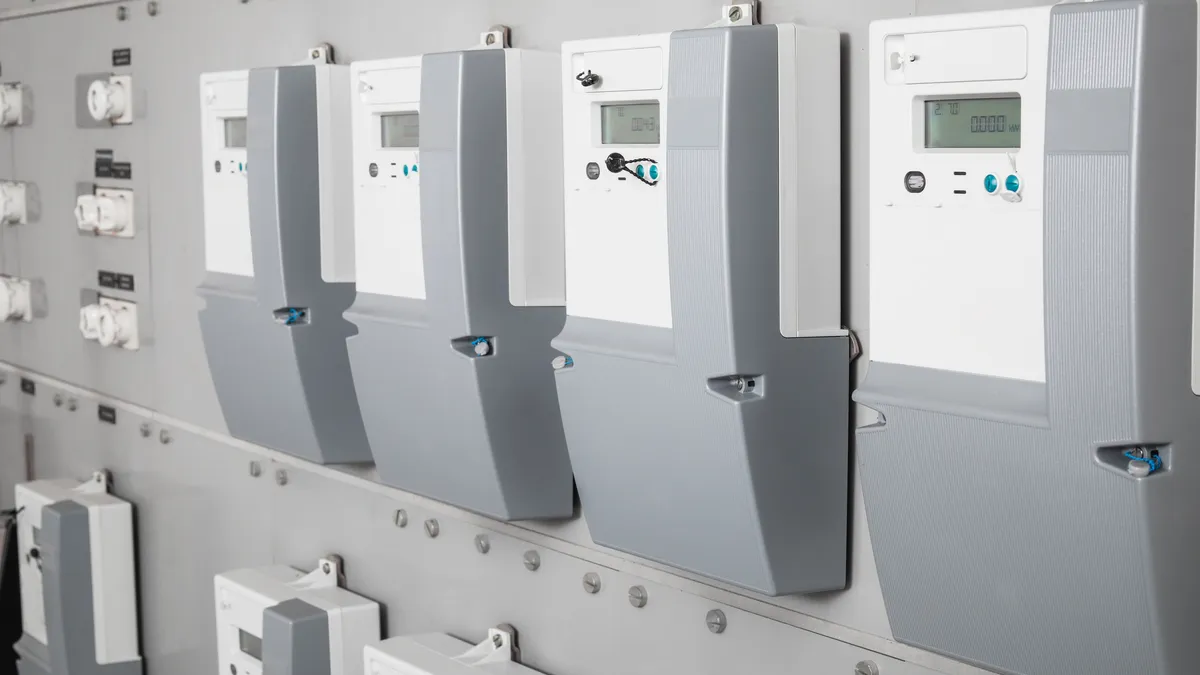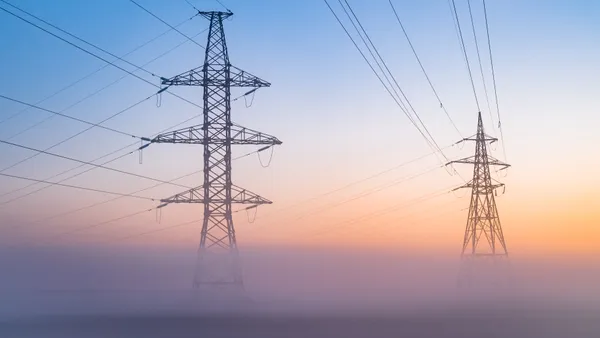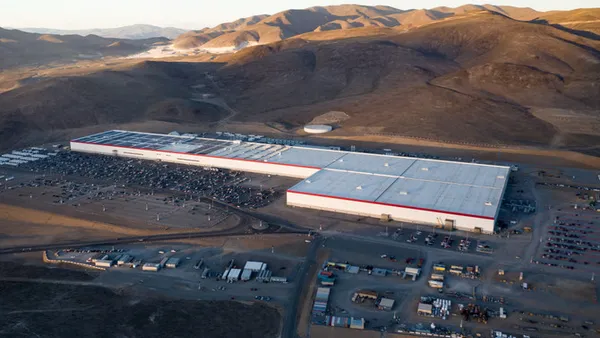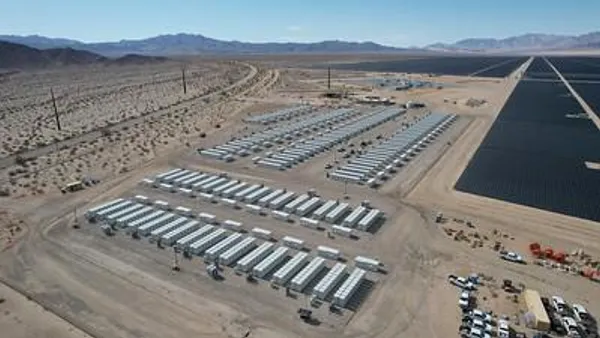Dive Brief:
- Two California-based energy companies, Stem and Sunverge Energy, have inked energy storage deals in Japan, working with Mitsui & Co., Ltd. on behind-the-meter aggregation in the service territory of Tokyo Electric Power Co.
- Stem and Mitsui say they are building one of Japan's first aggregated fleets of industrial customer-sited energy storage. The companies will deploy 750 kWh across multiple sites in TEPCO's service territory.
- Sunverge said it has deployed dozens of energy storage units in TEPCO's territory that is located at geographically dispersed locations but managed as a single virtual node on the grid.
Dive Insight:
The deals in Japan are each significant international expansions for Stem and Sunverge. It is the first international deal for Stem, "and a base for further Asian expansion," the company said in a statement. Sunverge already has a project in Australia, but this is its first deal in Asia.
Mitsui and Stem intend to deploy more than 750 kWh across multiple sites "to form a flexible and fast-responding distributed resource," the company said. Japan's Ministry of Energy, Trade and Infrastructure (METI) endorsed Mitsui and Stem in a competitive solicitation to develop virtual power plants (VPPs)
As part of Japan's energy overhaul that followed the 2011 Fukushima Daiichi nuclear accident, METI is testing deregulated services, flexible resources and markets to promote renewable energy and help modernize the nation's electric grid.
Sunverge will connect multiple separate storage units into a VPP managed with the company's energy management platform. The platform is capable of adjusting within 15 minutes to major changes in demand. The Sunverge system will maintain a target wattage reading at individual meters, while also working to reduce demand charges.
Japan's government wants to reach 20% renewable energy by 2030 and is examining VPPs as one option to help achieve that goal.
"The ability to aggregate and manage distributed energy resources as a fleet and combining and managing a logical subset and grouping as a virtual nanogrid is increasingly important in order to make the grid more stable, resilient and dynamic," Sunverge CEO Martin Milani said in a statement. "When aggregated, renewables can contribute a significant portion of a country's energy generation without significant investment."













